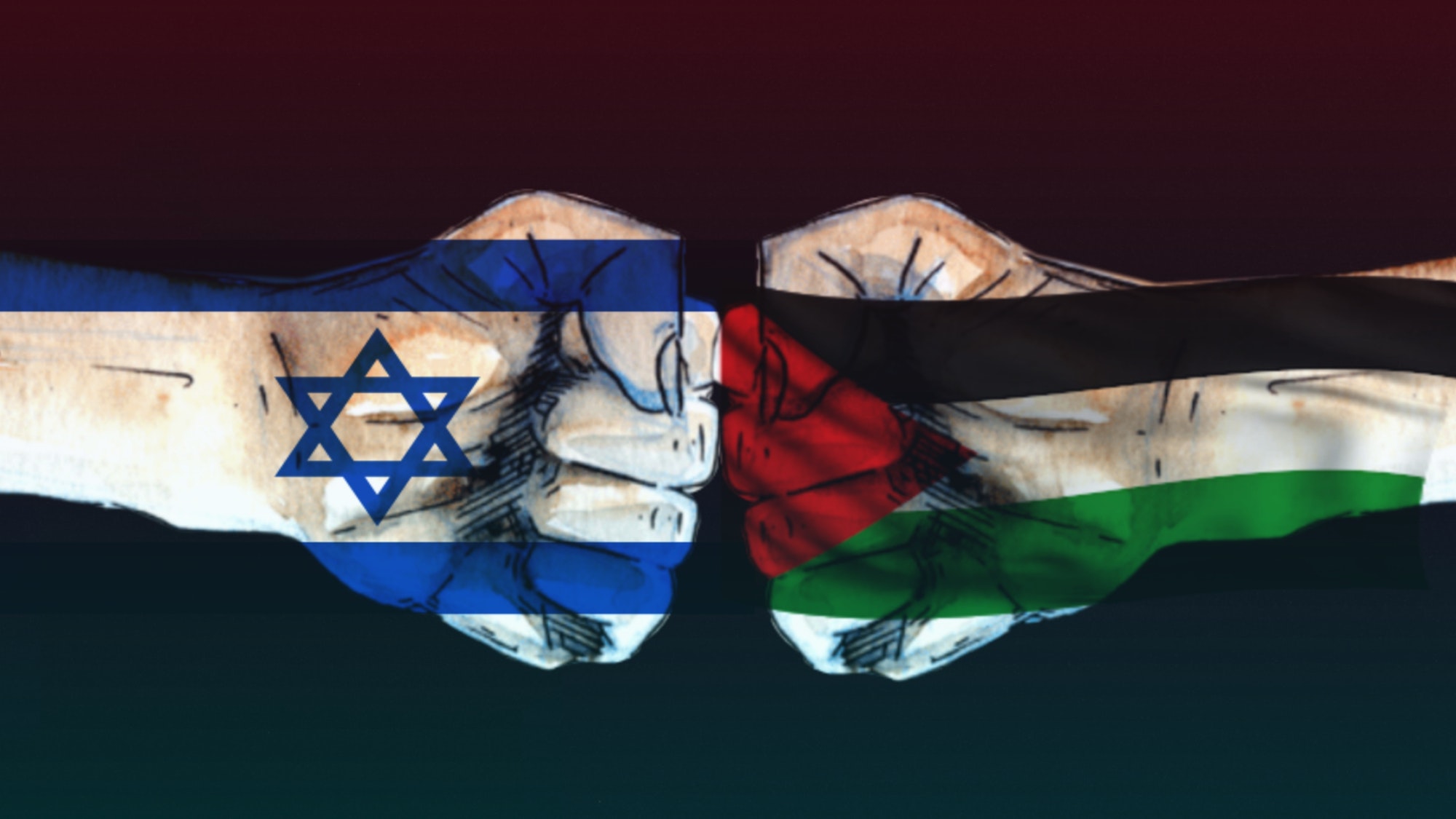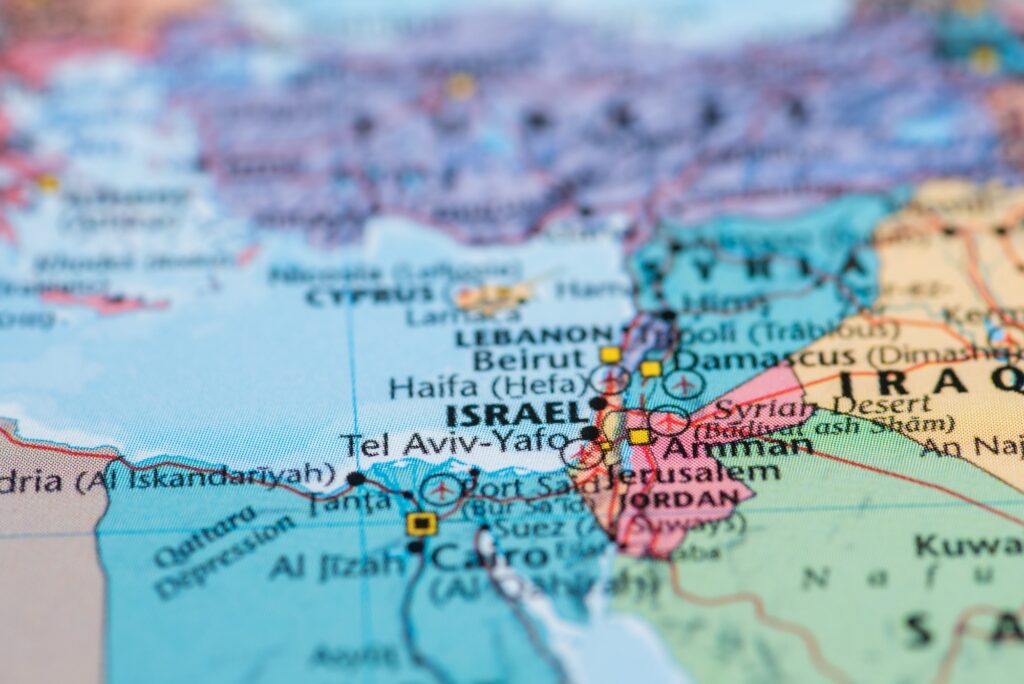Address
33-17, Q Sentral.
2A, Jalan Stesen Sentral 2, Kuala Lumpur Sentral,
50470 Federal Territory of Kuala Lumpur
Contact
+603-2701-3606
[email protected]
Address
33-17, Q Sentral.
2A, Jalan Stesen Sentral 2, Kuala Lumpur Sentral,
50470 Federal Territory of Kuala Lumpur
Contact
+603-2701-3606
[email protected]

The Israeli-Palestinian conflict involves some tough practices, and one of these is Israel’s use of administrative detention. This means they can imprison people without charging them or giving them a trial, often based on secret evidence. Take the case of Mohammad Salhab Tamimi, an 18-year-old Palestinian. He was held for eight months without being officially charged, showing how tough and stressful this policy can be.

On October 7, the Al-Aqsa Flood operation started, ramping up the conflict. This military move led to intense fights, more arrests, and detentions, making things tenser in the area. The operation didn’t just cause immediate violence; it also affected the everyday lives of many people involved.
Life in Israeli prisons like Ofer and Rimon is concerning. Reports talk about too many people in small spaces, not enough food, and a lack of basic things. Mohammad Salhab Tamimi’s experience, where he faced tough treatment, shows why we need to look closely at these prisons and think about making changes.
Detained Palestinian children face big challenges. They’re often kept under the same conditions as adults, which is really hard on them mentally. Their situation is a call for the world to pay attention and help protect young people in conflict areas.

Israeli military checkpoints and illegal settlements in occupied areas really impact Palestinians’ daily lives. These checkpoints and settlements are not just physical barriers; they represent bigger issues of control and limits in the conflict.
The Hamas attack in Gaza and Israel’s response were devastating for both sides. Bombing in Gaza led to many civilian deaths, showing the terrible human cost of this long conflict. The need for a break to help people and work towards a lasting peace is critical.
Israeli arrest operations, especially after the Al-Aqsa Storm operation, led to many people being detained. These operations, mostly in the West Bank, make us think about how to balance security needs with human rights in the area.

Q1: What is administrative detention?
A1: Administrative detention is a policy used by Israel where individuals can be imprisoned without being charged or given a trial. This is often based on evidence that isn’t disclosed to the public or the detainees themselves.
Q2: What was the Al-Aqsa Flood operation?
A2: The Al-Aqsa Flood operation, which began on October 7, was a significant military escalation in the Israeli-Palestinian conflict. It involved intense confrontations, increased arrests, and detentions, and had a broad impact on the region’s stability and daily life.
Q3: What are the conditions like in Israeli prisons such as Ofer and Rimon?
A3: Reports from these prisons indicate issues like overcrowding, insufficient food, and limited access to basic amenities. Detainees, including young Palestinians, often face harsh treatment.
Q4: Why are Palestinian children in detention a concern?
A4: Palestinian children in detention are often held under the same conditions as adults, which can have severe psychological impacts. Their situation highlights the need for better protection of minors in conflict zones.
Q5: What is the impact of Israeli military checkpoints and illegal settlements?
A5: Israeli military checkpoints and illegal settlements in the occupied territories restrict the movement of Palestinians and symbolize the broader issues of control and restriction in the conflict.
Q6: What happened in the aftermath of the Hamas attack in Gaza?
A6: The Hamas attack in Gaza and the subsequent Israeli response resulted in significant civilian casualties and destruction. This event underscores the high human cost of the conflict and the need for humanitarian efforts and peace negotiations.
Q7: What are Israeli arrest operations, and why are they controversial?
A7: Israeli arrest operations, particularly following operations like Al-Aqsa Storm, involve detaining a significant number of people, often in the West Bank. These operations raise questions about the balance between ensuring security and respecting human rights.
Q8: How can one stay informed about the Israeli-Palestinian conflict?
A8: Staying informed involves following reliable news sources, reading analyses from experts in Middle Eastern politics, and possibly engaging with educational resources that provide historical and cultural context to the conflict.
Sources Aljazeera